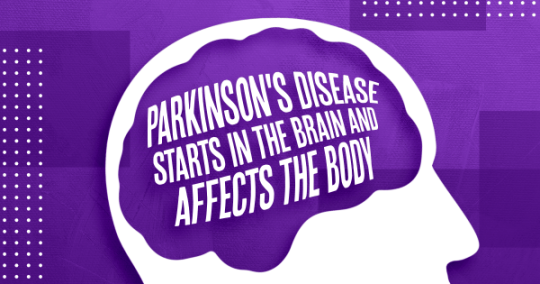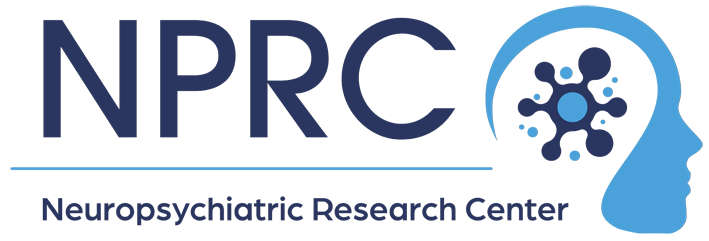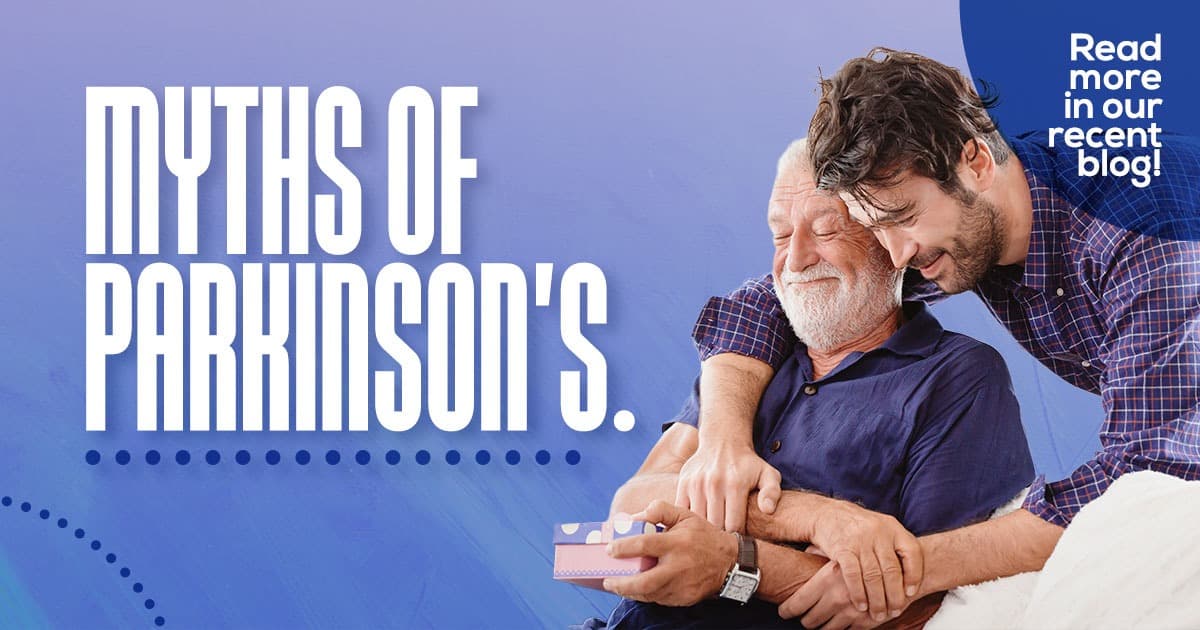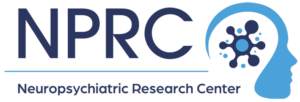Many misconceptions surround Parkinson’s Disease. Like many other conditions, these false truths can cause a delay in diagnosis and treatment, which can be devastating. Knowing the truth behind the myths of Parkinson’s can ultimately allow you to optimize your care so you can take better care of yourself.
The Facts Behind the Myths of Parkinson’s
There are many myths about PD. Here are some of the most common:
Myth: PD only affects movement.
Fact: There are many non-movement symptoms of PD. These include impaired sense of smell, sleep disorders, cognitive signs, constipation, bladder symptoms, sweating, sexual dysfunction, fatigue, limb pain, tingling, lightheadedness, anxiety, and depression.

Myth: There isn’t much you can do for PD aside from medications.
Fact: Keeping active is one of the main things patients can do to remain active longer. Lower protein diets and gait therapy training are other ways to help with PD symptoms.
Myth: Some medications for PD cause symptoms to progress faster.
Fact: The misconceptions that PD drugs like Levodopa are toxic and progress symptoms faster were debunked a long time ago. It is a potent drug that improves symptoms of PD, but it is not toxic.
Myth: PD is fatal.
Fact: Parkinson’s Disease is not a death sentence and does not directly cause people to die. While the condition can put tremendous strain on the body, advances in treatments allow those with PD to have a near-average life expectancy.
Clinical Research is Advancing Options for Parkinson’s Disease
Earlier this month, AC Immune, a Swiss-based company, announced it began clinical trials for the first-ever diagnostic test for Parkinson’s Disease. ACI-12589 is a next-generation PET imaging tracer that has shown significant potential to reliably detect and map deposits of pathological alpha-synuclein protein in the brain, which is the primary hallmark of PD.
ACI-12589 can enable accurate, potentially earlier diagnosis and disease progression monitoring in response to treatment effectiveness measurements in patients. Clinical research studies and their volunteers make these breakthroughs possible. Though exciting, more work continues improving the lives of those with PD.

To learn how you can get involved with upcoming research opportunities for Parkinson’s here at Neuropsychiatric Center of Southwest Florida, call (239) 939- 7777 or visit our website.
References:
https://www.parkinson.org/Understanding-Parkinsons/What-is-Parkinsons/Myths-about-Parkinsons





